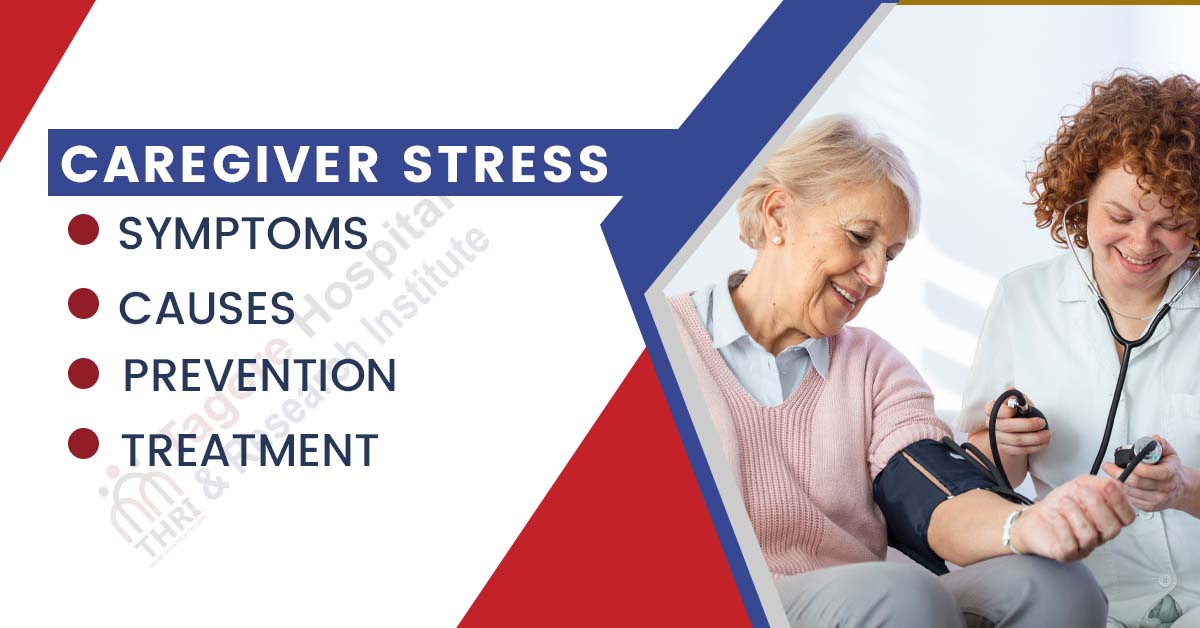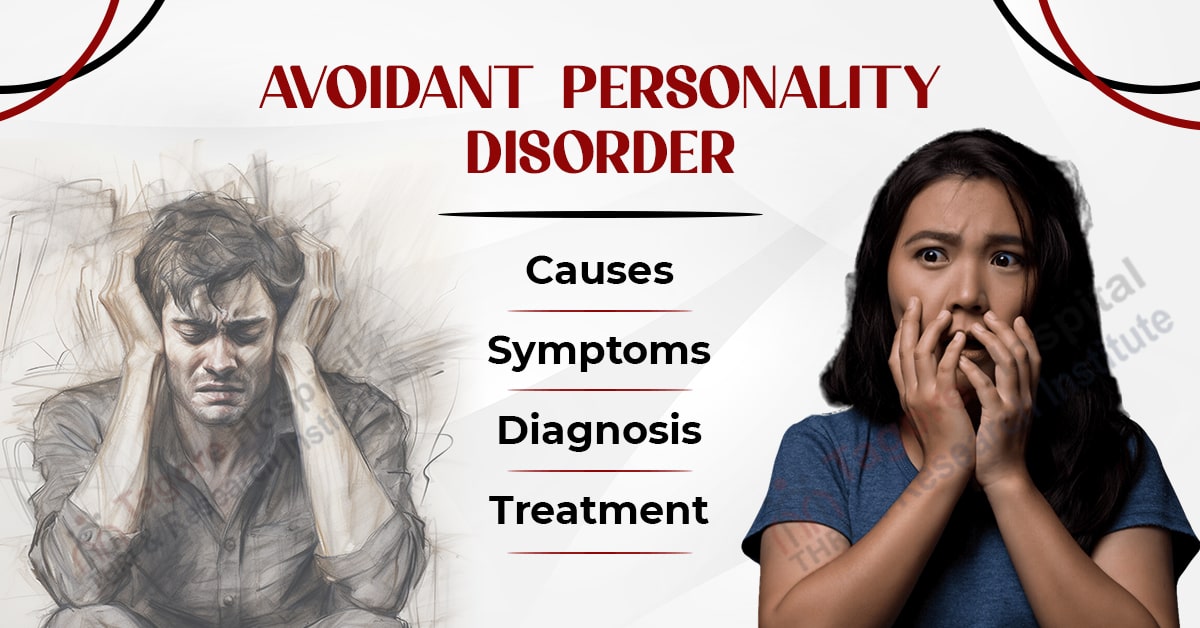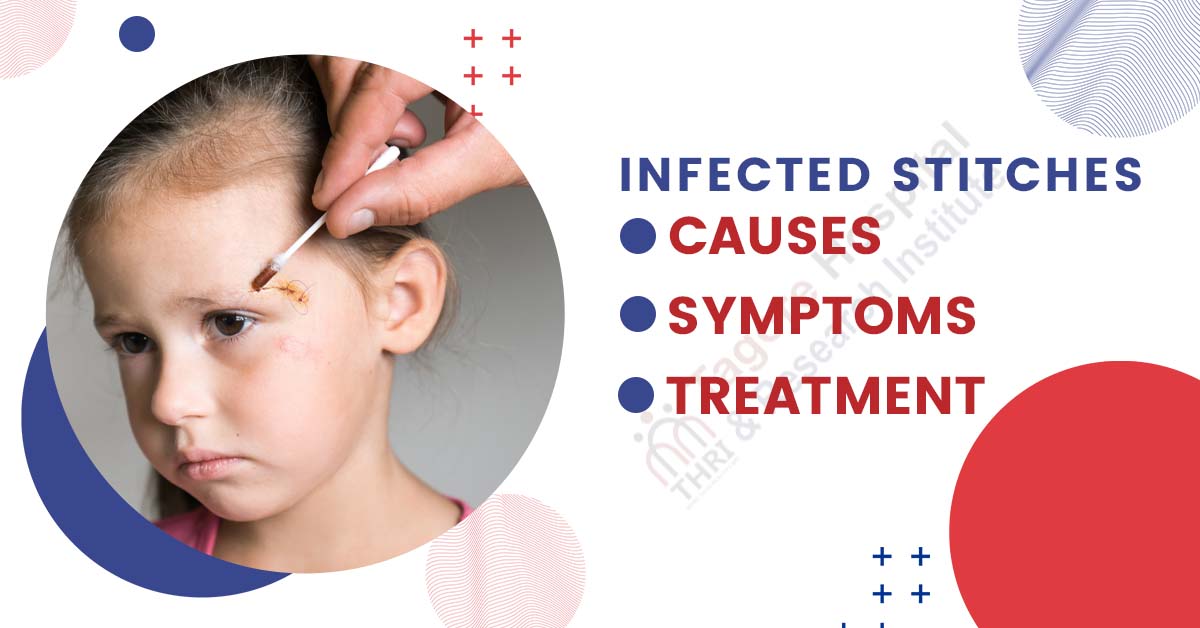- By THRI admin
- Posted January 10, 2023
What is a Caregiver?
Any person who provides care for someone else who needs it, whether it be a child, an elderly parent, a spouse, a friend, a neighbor, a relative, or another person, is referred to as a caregiver. A paid professional who provides care in the individual's home or another location qualifies as a caregiver as well.
Family caregivers and informal caregivers both refer to people who provide care without being compensated. The family caregivers who routinely look after a loved one who has a disability, a disease like dementia, or an injury are the main subject of this fact sheet.
The person's daily affairs are frequently managed by the family caregiver. This can involve assisting with daily activities like eating, bathing, or taking medication. Organizing activities, as well as making financial and health decisions, can be included.
Who are Caregivers?
Even though everyone who cares for others shares the same desire to help, there are times when those similarities end. There are many different caregiver roles in many different industries. T
There are numerous different types of caregivers, just in the non-medical care sector. The primary caregiver focus at Griswold Home Care is on giving elderly, ill, injured, and disabled people in their homes comforting non-medical services.
Family caregivers are the most prevalent type of caregivers; they provide unpaid care for a member of their family. The other varieties include paid, unpaid, private, informal, and volunteer caregivers.
What is Caregiver Stress?
Caregiver burnout is another name for it. Burnout occurs when a caregiver becomes overwhelmed by the stress and burden of caring for their loved one and is physically, emotionally, and mentally exhausted. It is possible that they feel unappreciated, alone, or unsupported.
Their health is often compromised, and they may be depressed as a result. In time, they can become disinterested in caring for themselves and for the person they work with.
It is common for caregivers to experience burnout at some point in their careers. Caregivers eventually become incapable of providing good care if this happens and isn't addressed. Therefore, caregiver burnout can have harmful effects on both the caregiver and the person receiving care.
An extensive study published in the Journals of Gerontology discovered that caregivers who felt under a lot of strain had worse health outcomes than those who felt little to no stress.
Read also: Depression
What Causes Caregiver Stress:
The role of a caregiver is demanding and frequently available around the clock. People have little time for leisure activities or self-care as a result.
Without a break from caring, one is more likely to experience burnout, which is characterized by both physical and emotional exhaustion. A 2020 study commissioned by the National Alliance for Caregiving (NAC) and the American Association of Retired Persons found that 21.3% of Americans provide care for others.
These findings highlight the need for a deeper understanding of why caregiver burnout occurs by demonstrating just how many people may be impacted by it.
Several factors that contribute to caregiver stress include:
- Demands on the caregiver's emotions: A caregiver may feel emotionally spent, especially if they are aware that the person they are caring for is not going to get better despite their best efforts. This might occur, for instance, if someone is looking after a palliative patient.
- Conflicting demands: Taking care of children, working, and spending time with a partner are some of the additional demands that people have in addition to their caregiving roles.
- Ambiguous roles: It is common for caregivers to be consumed by their work. Caregiving responsibilities can make it easy to lose sight of who we are outside of them.
- Workload: There may be caregivers who are taking care of someone with complex needs. A person in these situations should seek temporary relief and assistance from other caregivers.
- Conflicting advice: Research may lead to changes in treatment procedures in some cases. A caregiver's established routine can be disrupted and stressed by these changes, which aim to provide the best care for people.
- Privacy: Clinical support may be provided to caregivers throughout the week by nurses and other healthcare professionals. Despite its benefits, this can also jeopardize their privacy.
- A caregiver may experience exhaustion, self-criticism, and feelings of overwhelm as a result of all of these factors. They might begin to exhibit severe caregiver burnout symptoms if they don't address these feelings.
Who gets Caregiver Stress?
Anyone can experience caregiver stress, but more female caregivers than male caregivers report experiencing stress and other health issues. Additionally, some women are more susceptible to health issues brought on by caregiver stress, including those who:
- Take care of a family member who requires ongoing medical attention and supervision. Compared to those who care for patients with conditions that do not require constant care, caregivers of patients with Alzheimer's disease or dementia are more likely to experience health issues and depression.
- Care for a spouse. In comparison to women who care for parents or children, women who care for their spouses are more likely to have high blood pressure, diabetes, and high cholesterol as well as heart disease, which is twice as likely to affect them.
Women who care for others may also be less likely to undergo routine screenings, get enough sleep, or engage in regular physical activity.
Signs and Symptoms of Caregiver Stress:
As a caregiver, you may experience the following signs and symptoms:
- Angry, depressed, and anxious.
- Feeling drained and exhausted.
- Sleeping problems
- Being overly sensitive to small irritations
- Developing or worsening health issues.
- Having trouble focusing
- Getting more and more resentful
- Consuming more alcohol, smoking, or food.
- Disregarding one's obligations.
- Reducing the number of leisure activities.
Your health can be harmed by excessive stress, especially over an extended period. You're more prone to develop depressive or anxious symptoms when you're a caregiver. You might also not get enough sleep, exercise, or eat a healthy diet, which increases your risk of developing conditions like diabetes and heart disease.
How does caregiver stress affect my health?
Your physical and mental health may start to suffer over time due to the mounting stress of providing care. Caregivers may develop conditions that include:
- Anxiety and depression
- Immune system dysfunction
- Obesity and being overweight
- Obesity and depression can raise the risk of developing chronic illnesses like heart disease, cancer, diabetes, or arthritis
- Difficulties paying attention or with short-term memory
Treatment and Prevention of Caregiver Stress:
To help manage caregiver stress:
- Accept help: Have a list of possible ways for others to assist you, and then let each person choose how they want to assist. For example, a friend might offer to take the person you're caring for walks a few times each week. Or a friend or relative might be able to cook for you, pick up your groceries, or run errands for you.
- Focus on what you can provide: Feeling guilty is normal sometimes, but know that no caregiver is "perfect". Be confident in your ability to make the best decisions at any given time.
- Set realistic goals: Break up complicated tasks into manageable, solitary steps. Establish a schedule for the day, set priorities, and make lists. Start declining requests that will drain you, such as hosting holiday dinners.
- Get connected: Learn about the community resources available for caring. Numerous communities offer lessons on the disease that your loved one has. There may be caregiving services provided, including housekeeping, meal delivery, and transportation.
- Join a support group: A support group can offer affirmation, inspiration, and techniques for dealing with challenging circumstances. Support group members can relate to what you might be going through. Making deep friendships can also be facilitated by joining a support group.
- Seek social support: Make an effort to maintain close relationships with loved ones and friends who can provide compassionate emotional support. Every week, schedule some time for connection, even if it's just a short walk with a friend.
- Set personal health goals: For instance, make it a point to find time to exercise most days of the week, develop a healthy eating plan, and drink lots of water.
- See your doctor: Obtain the appropriate screenings and immunizations. Please let your doctor know that you are a carer. Mention any worries or symptoms you may have without holding back.
Tags





